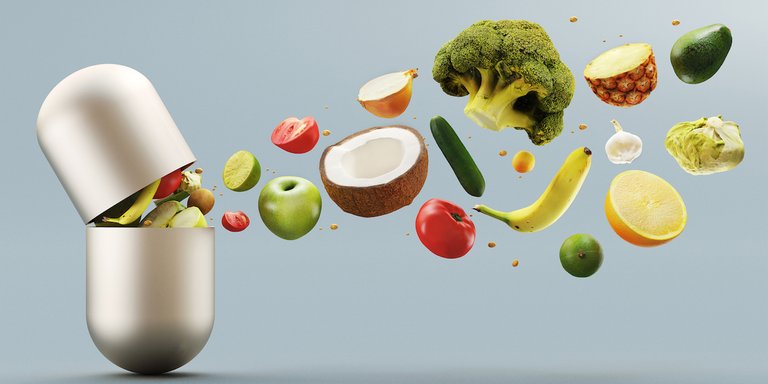What are antioxidants? And are they truly good for us?
From time immemorial, people have sought cure-alls to protect themselves from various ailments. Through the centuries, people often fell under the spell of medicine men and road-side snake-oil salesmen touting miracle elixirs purported to cure everything from gout to pleurisy to hair loss. The health-conscious today, however, are much more health-savvy due to the vast amount of information readily available to the world at large via the Internet. Many individuals routinely conduct their own research on the properties of various vitamins, minerals, herbs, and other natural curatives that come to fore of public attention said to ward off viruses and disease, boost the immune system, and cleanse the body of impurities. And it is for this very reason that most everyone is now familiar those things called antioxidants. But while most are aware that these mysterious substances are beneficial for the human body, far fewer know why.
In a nutshell, science has identified “oxidation” of the body’s internal molecules as a prime causal factor in contracting a wide range of diseases. According to a number of scientists leading this field of research, everything from cancer to arteriosclerosis to cataracts all appear to have an oxidative component to their origin. Fortunately, antioxidants–Vitamins C (ascorbic acid), E (Tocopherols), as well as flavonoids and carotenoids–have been well-documented as having the ability to inhibit oxidation of these endangered molecules and thus assist the body in warding off a number of ailments, when used as preventative agents (as opposed to using them as curative or therapeutic). But all antioxidants do not provide the same protection nor function in the same way, and as such, are not interchangeable.
Vitamin E, for example, works primarily by neutralizing “free radicals,” atoms within molecules that are missing one or more electrons and so are very reactive (a bit of science that isn’t necessary to understand to get the gist). Vitamin E functions in what has been termed a “sacrificial manner,” by transferring one of its own electrons to the targeted molecule–a hydrogen atom–thus destroying the free radical. Vitamin E works primarily in the lipid (fats) portions of cell membranes. Vitamin C, however, does what it does within a completely different area of the cellular make-up–inside the liquid inside cells. Unlike Vitamin E, which is soluble in fats, C is soluble in water. C, however, works in tandem with E in targeting radicals before they have a chance to damage lipids. In the process, it protects the immune system by stimulating antibodies and immune system cells, while being a catalyst for the biosynthesis of the amino acid carnitine that regulates the nervous system. It is also instrumental in helping the body absorb iron and break down histamine (the inflammatory component of allergic reactions).
Fortunately for us all, antioxidants are readily available from a number of natural food sources: Vitamin C is found in a number of fruits (including berries, lemons, melons, oranges, kiwi, and tomatoes) and vegetables (including asparagus, cabbage, broccoli, and potatoes); Vitamin E is easily acquired from vegetable oils; almonds and a number of other nuts, peanut butter, spinach and other green leafy vegetables; flavonoids are found in soy, fruit, olive oil, cinnamon, oregano, and red wine; and carotenoids are found in fruits, vegetables, and eggs. While natural sources are almost always a better source of any nutrient than supplements, supplements (and that doesn’t mean multiple vitamins) are better in the long run than none at all. But remember to read the dosage on the supplement bottle because it is possible to consume toxic levels of most vitamins if taken to excess.
References
- https://www.healthline.com/nutrition/antioxidants-explained
- https://www.medicalnewstoday.com/articles/301506
- https://www.hsph.harvard.edu/nutritionsource/antioxidants/
Posted with STEMGeeks

Congratulations @veramen! You have completed the following achievement on the Hive blockchain and have been rewarded with new badge(s) :
You can view your badges on your board and compare yourself to others in the Ranking
If you no longer want to receive notifications, reply to this comment with the word
STOP